The ISP industry only has itself to blame for its bad reputation – Guest Editorial
They show a thorough lack of understanding of the basics of the maths involved. By definition unless every connection is identical there will always be a spread (based on distance dependence) from those with the slowest, to those with the fastest. Do the lowest ten percent of the customer base deserve to have a right to leave with no recourse just because their location means they get the slowest speeds?
Let’s be clear here, they will get the same connection speed with any other ISP offering the same technology (I’m talking sync speed here – for now I’m discounting badly run networks without enough bandwidth to satisfy their customers). This customer can now move freely around the ISP industry, costing money as they go, by always being in the bottom 10% of connections. Is that fair, either to the providers, or in fact to the customer, by somehow enshrining in law (regulation) that they have a right to leave, precisely because they should be able to get a better connection elsewhere… when they physically can’t.
Fibre – we’re still repeating the same mistakes
“Fibre” – this is obviously a biggie. Legal avenues are still being pursued by those newer ISPs that have shunned copper entirely – rightly stating that you need to be able to differentiate the technologies and that appropriating the word “fibre” to somehow convey quality and performance, is massively misleading when there is still a copper line running into your building.
“Full Fibre” – but here’s where I can see the same spin being used by those who want to make the argument against using fibre for the older copper broadband technologies. When is 1000 not 1000? When it’s 150. What do I mean? The headline figure for the upload of one of the major fibre network providers circuits versus the actual guarantee. And this isn’t there to cope with faults, this is based on the fact that GPON or passive optical networks do not have the same qualities as other “full fibre” circuits.
So once again we’re in a position where not all is as it seems. Just as in the days of sharing your bandwidth with your neighbours (the early days of ADSL and cable connections), we’ve come full circle again and your GPON connection’s performance will depend on how many people around you have signed up, and what they are doing that day.
The industry needs more honesty
This is such a shame. The industry needs to be more honest about what is achievable. Set proper expectations of what is achievable in the headline bandwidths for one thing, and not in huge letters proclaiming “Gig it up“.
If you can only guarantee 150mbps then call it a 150mbps service. Stealing customers by promising 1000 – the mythical 1 “gig” is only causing more and more harm to this industry, and when governments and regulators think an industry isn’t working, then they intervene, regardless of how “free market” they claim to profess to be.
And let’s be clear – Ofcom and the ASA have only made this problem worse.
The regulators have got it wrong
From allowing the use of the term “fibre” to describe copper-based technologies (ASA) or encouraging or mandating percentiles and averages to describe the characteristics of connections (Ofcom), the meddling in the industry from official regulators has only caused more harm.
Should a regulator really be infantilising customers by replacing their option of using a simple calendar to remind them when their offer or initial contractual term is up? This is surely a step too far.
But let’s look at where we are right now. The roll out of ADSL2+ still hasn’t been completed. We’re not talking about FTTC here, or FTTP, or the newer still G.fast. We’re talking about a rollout that is in at least its 11th year. You’d be forgiven for assuming it was never to be completed.
When will the FTTC roll out finish? Will it ever? Will G.fast be the successor or will FTTP? And what about the much vaulted 5G.
Mobile networks are as guilty as fixed lines
So far I’ve concentrated on fixed line technologies, but do you remember when 3G was going to save us? When video calling (on the mobile network, not on Wi-Fi) would be the norm? I remember the advertising campaign showing these calls and phones and thinking that there would be an outbreak of waving – such would be the power of video calls.
It never happened. 4G was obviously an improvement, but we’re still not there. Wireless technology is never as good as its promised, and once again here’s the rub.
Nic Elliott has been Chief Technology Officer of UK ISP Evolving Networks since its inception in 2008. A veteran of the IT and networking industry, Nic is responsible for the strategic technical focus of the business. Find me on Linkedin.
« Post Office Cuts UK Unlimited Broadband and Phone to £15.90
Ofcom UK Moves to End Abuse of Premium 070 Phone Numbers »
Latest UK ISP News
- FTTP (5530)
- BT (3518)
- Politics (2542)
- Openreach (2298)
- Business (2266)
- Building Digital UK (2247)
- FTTC (2045)
- Mobile Broadband (1977)
- Statistics (1790)
- 4G (1668)
- Virgin Media (1621)
- Ofcom Regulation (1465)
- Fibre Optic (1396)
- Wireless Internet (1391)
- FTTH (1382)

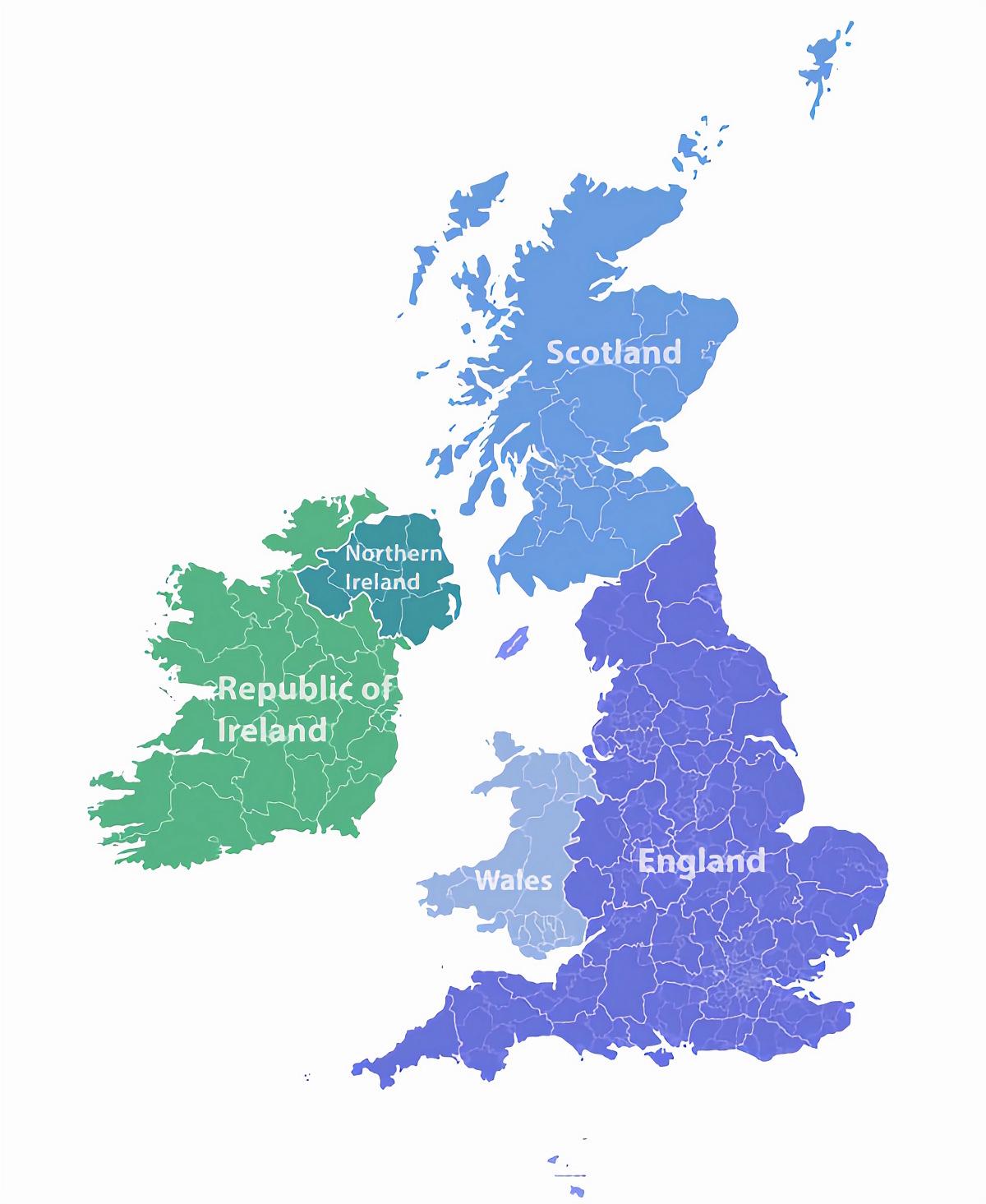
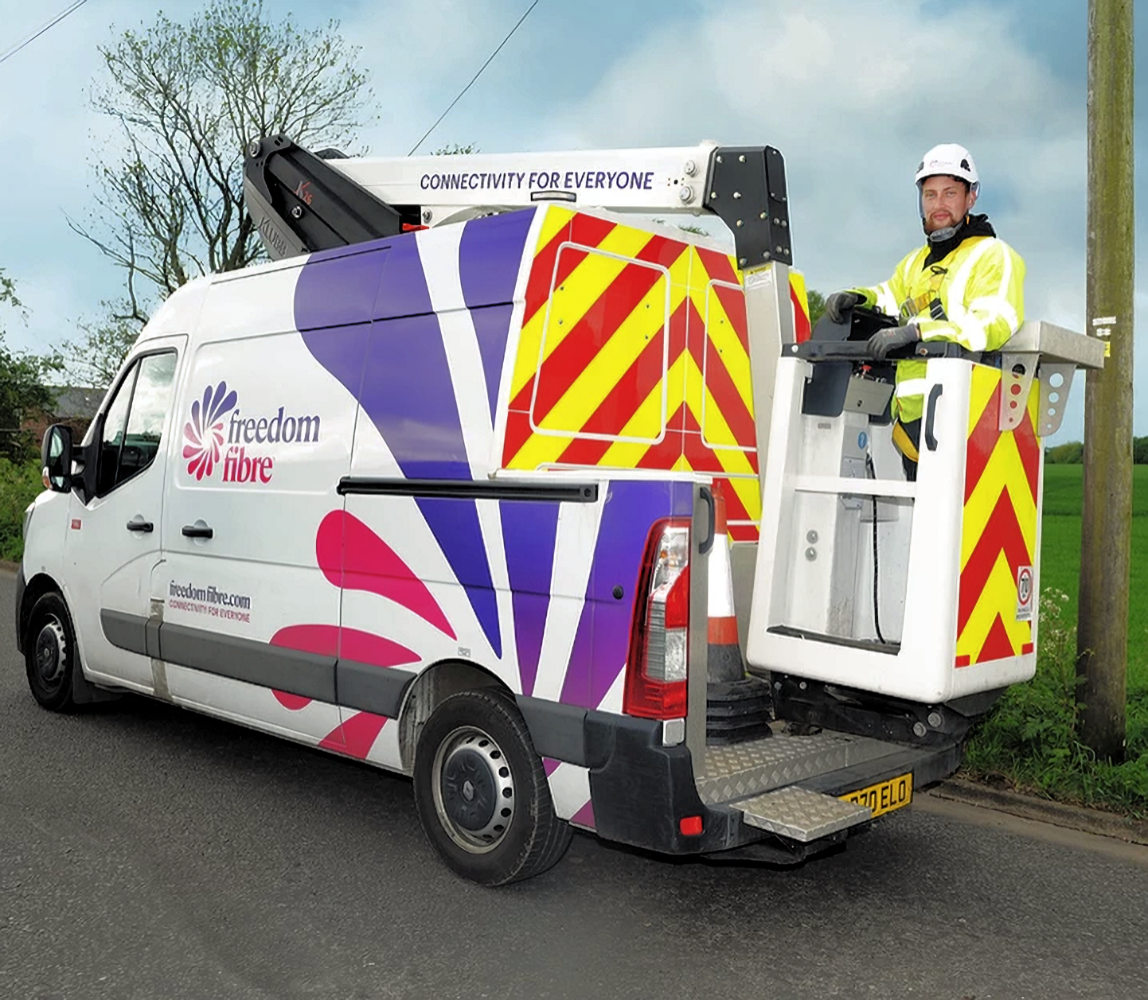

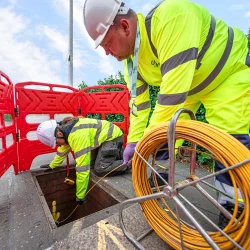
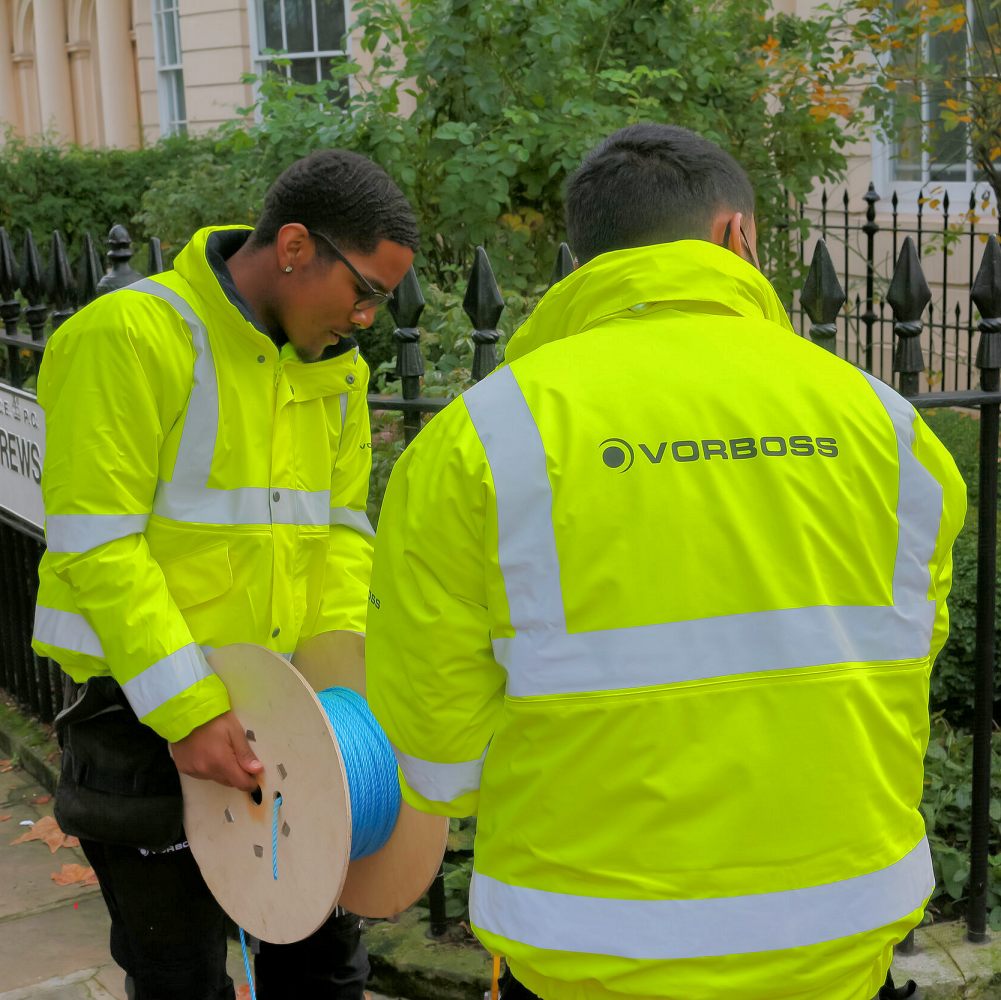



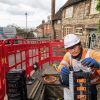







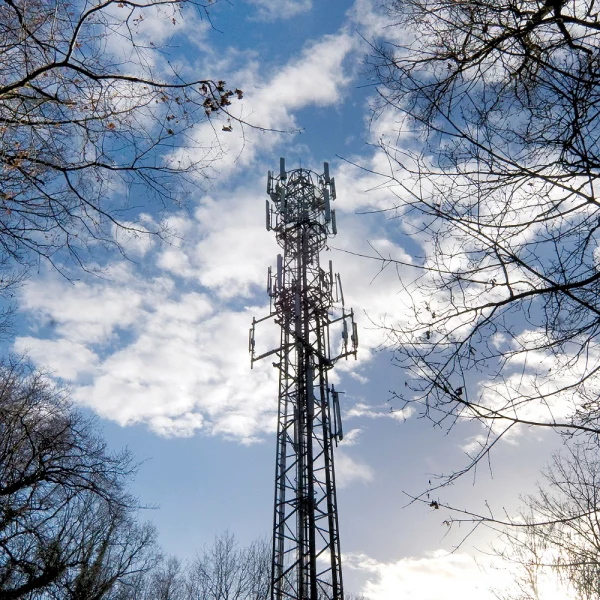
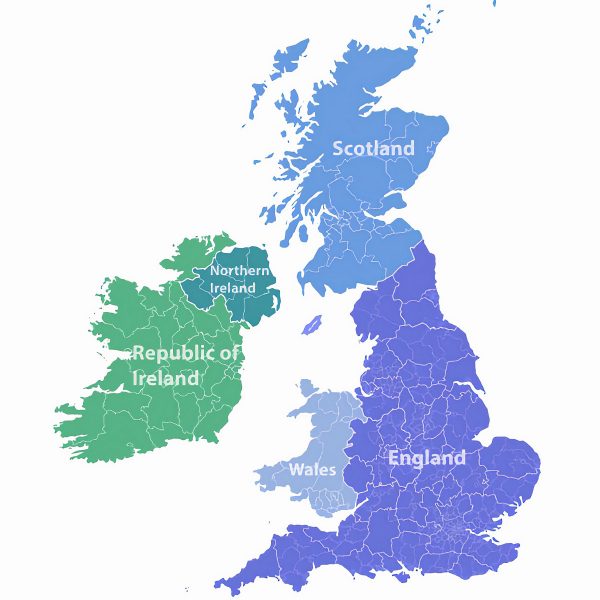
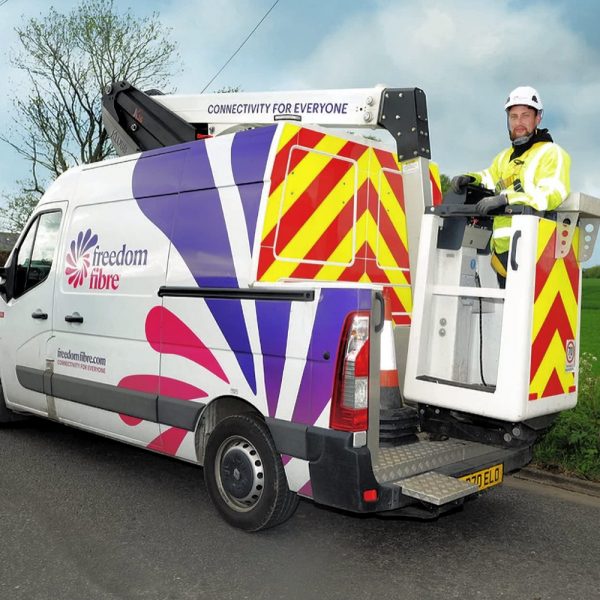




































Is this an offer to publish peak hour planning rules? Including packet loss, jitter and delay budgets for each package sold?
Replace ‘superfast’ with throughput?
Replace ‘broadband services’ with data transport services?
No point in just complaining, what is the proposal?
We know this, what would he propose based on the technology?
@TheFacts: You posted the other day that you have some spare time on hand. Why not use it and come up with some proposals?
@GN – please refrain from trolling.
Well I am stunned!
Someone talking sense. No spin.
Well done.
Why can’t we have more of this.. THE TRUTH
Hear hear!
+1 particularly the point paragraph on “Full Fibre”.
I disagree. The full fibre debate is pointless.
Debating whether you should call it Fibre or FTTC doesn’t matter. One name doesn’t convey any more information than another. You might as well debate whether you should call it chalk or cheese.
The important thing is consistent names across the industry for different products, so customers can compare offerings from different providers. The full fibre debate only muddies that. Stick to calling it Ultrafast, FTTP or come up with a new and distinctive name while it’s still niche enough that most people haven’t heard of it.
Trying to claim the fibre name and rename the existing technology known as that to something else benefits nobody.
What a refreshing, honest article.
“And let’s be clear – Ofcom and the ASA have only made this problem worse.”
I agree, it’s a pity that there are no functioning regulators, we can see these misleading “fibre broadband” adverts everywhere these days.
“Openreach that is still only invested in and controlled by BT”
Openreach should have been made a fully independent company, and no taxpayer’s money should have been given to BT.
Gnewton don’t you have fibre broadband provided by a BDUK project ?
Openreach should have been made a fully independent company, and no taxpayer’s money should have been given to BT.
G Newton I think you mean the money that was provided as part of an full external procurement and involved significant match funding from the successful tenderer which BT was, — but hey lets not allow a few facts to cloud your highly biased view
@Fastman: I am not sure why you keep asking people what ISPs they use, with what technology. If you want to sell ISP or Internet services I suggest not to spam this forum here with this.
As regards match funding: We all know that the tendering process was initially highly biased towards BT, and most of the BDUK contracts went with that company, with taxpayer monies contributing to these gap-fundings for so-called commercially non-viable areas. You are welcome to dispute the published figures and can let us know if you get any responses from requests under the Freedom of Information act.
Other than the base ADSL all products including Full Fibre should state clear contractual FROM TO statements of ISP performance (speed, error, ping etc) for Down and UP (not line speed). Ofcom should also arrange for common testing standards and would be easier to apply if separate Modems/ONT were mandatory. For FTTC this may require a definition of a lower product for slower lines but at least a 38Mbps line will place some obligation on OR to address bad performance of some FTTC lines. In addition a Fibre line defined as 1Gig up line will actually deliver the contracted ISP Performance. Ofcom would need to ensure a service cannot simply be withdrawn or reduced without severe penalty.
A 1G line will not deliver 1G throughput.
Exactly and service dependant on backhaul ratios etc. That’s why the service from and to should be clearly stated regardless of underlying technology.
@TheFacts Surely the point of 1Gig service is that you no longer need to worry about how fast you can go, but ha that any devices you connect can do what they need to do without any service degradation (based on the router, home layout etc) After all you don’t worry about how much gas/water/electric you are getting, just that it works?
I cannot see any reason why a consumer user would need to utilise a full 960m (taking into account overheads etc) all the time? most devices would only need maybe 20Mb/s for UHDTV and unless you happen to have a HMO with hundreds of people stashed in the room most people would struggle to fully max out an FTTP line
It’s not just ISPs, it is also the public funded BDUK bodies and politicians giving soundbites that they think will make them look good.
I think a step change would be if the whole industry started treating the public like adults, able to comprehend information, not been kept in the dark, or given the wrong information to shut you up for a while.
As well there ever increasing contract length. Then the heafty cancellation charge, if you end the contract early.
As a result, being a renter, I got mobile broadband. As if I have to move, due to a gready land lord putting up the rent, I canove freely.
And let’s not forget in all the fibre vs “copper pairs” debate that some copper, erm, isn’t! Back in the Post Office/BT days when copper pairs became expensive, the way forward was seen as aluminium pairs – just about OK for telephone, but its higher resistance contributes to performance loss for data transmission.
I wonder how much aluminium line plant is still in use by BT?
The mealy mouthed answer from BT is that they have never installed alu cable.
ignoring all the contractors they encouraged to use it in the 80’s and early 90’s.
There are still whole estates of it around here.
I can’t believe BT is denying it. It was used early 70s until early 80s and depending on their vintage whole towns. We had jelly filled crimps especially as the aluminium was too brittle to bend, corroded easily and the twist in the pairs was bad. A lot has been recovered and replaced over the years but as you say certain areas are affected and basically it can crop up anywhere in the distribution side. If OR had good records these should be near the top of the list for FTTP.
Note also at this time new exchanges were not built so often lines for telephones got longer. All these conspire for low DSL performance. Currently there is no automatic incentive for OR to review badly performing lines with ISPs using the Upto excuse.
I know from BTOR engineers locally that Alu cables exist in my town.
Its hard to quantify but fwiw the amount of Alu has dropped a lot over time as cable is replaced for faults/damage etc. But if you have it they won’t change it just because your speed suffers.
We have aluminium here, our line is so bad for broadband I call it “badband”